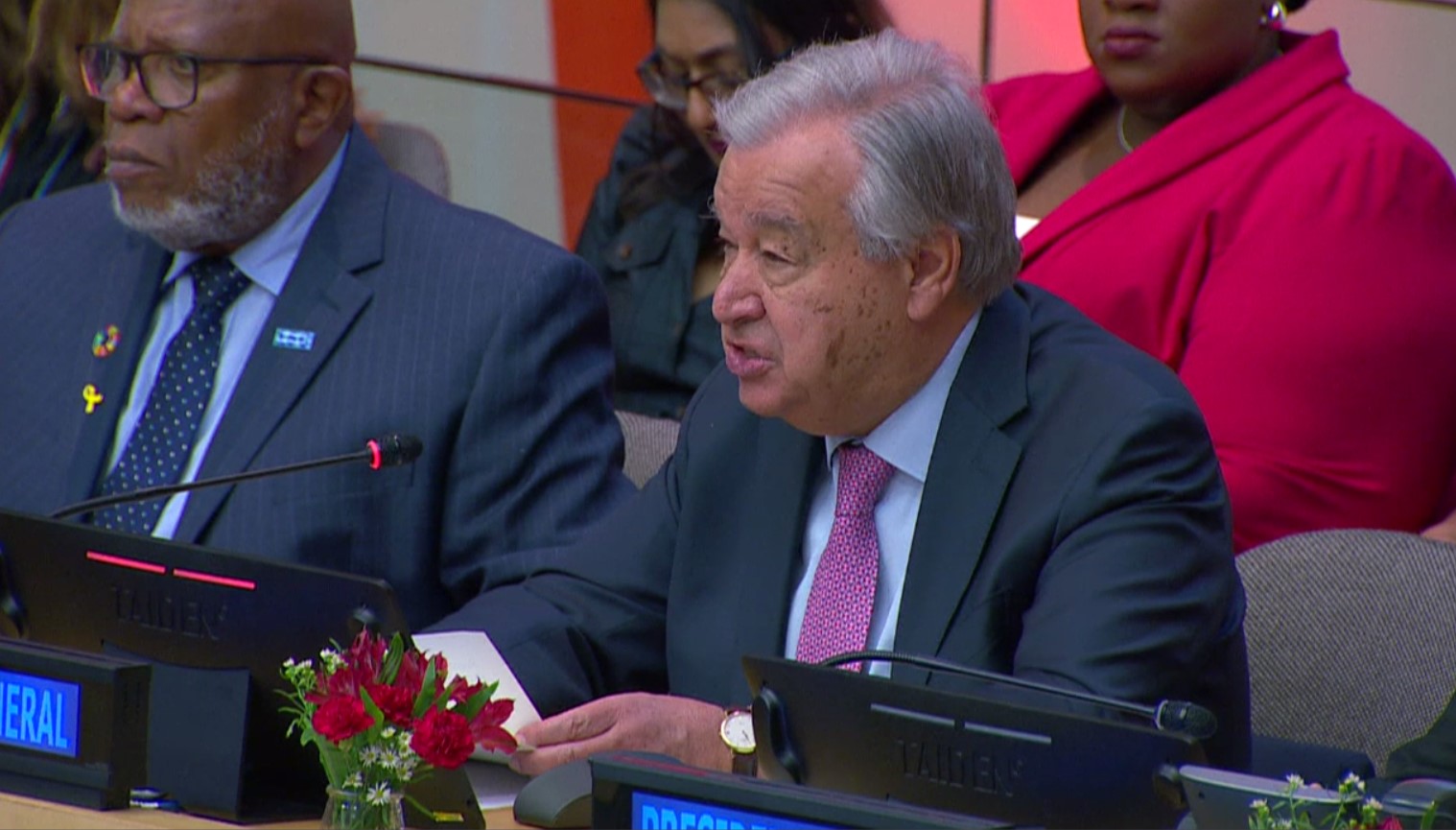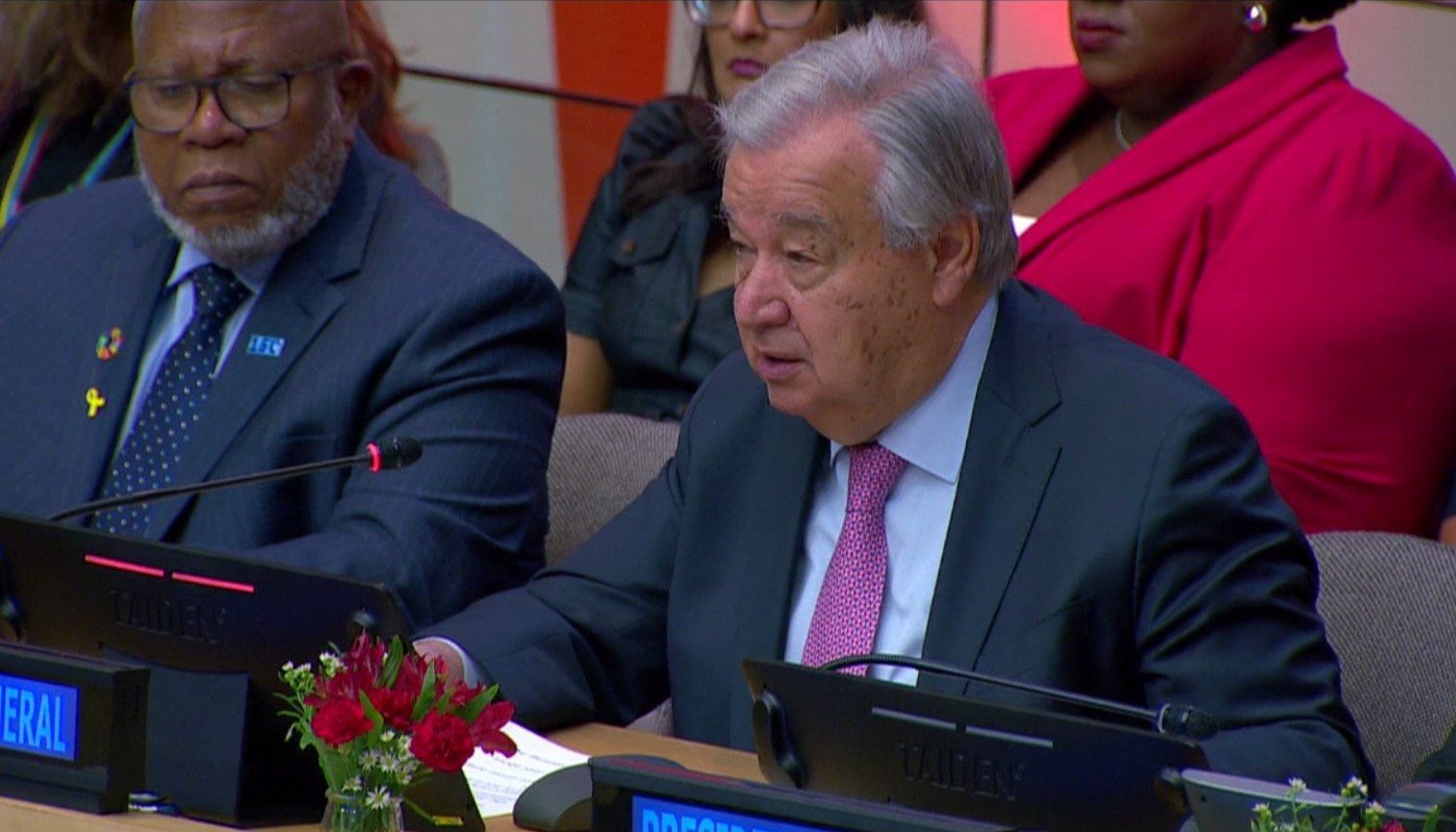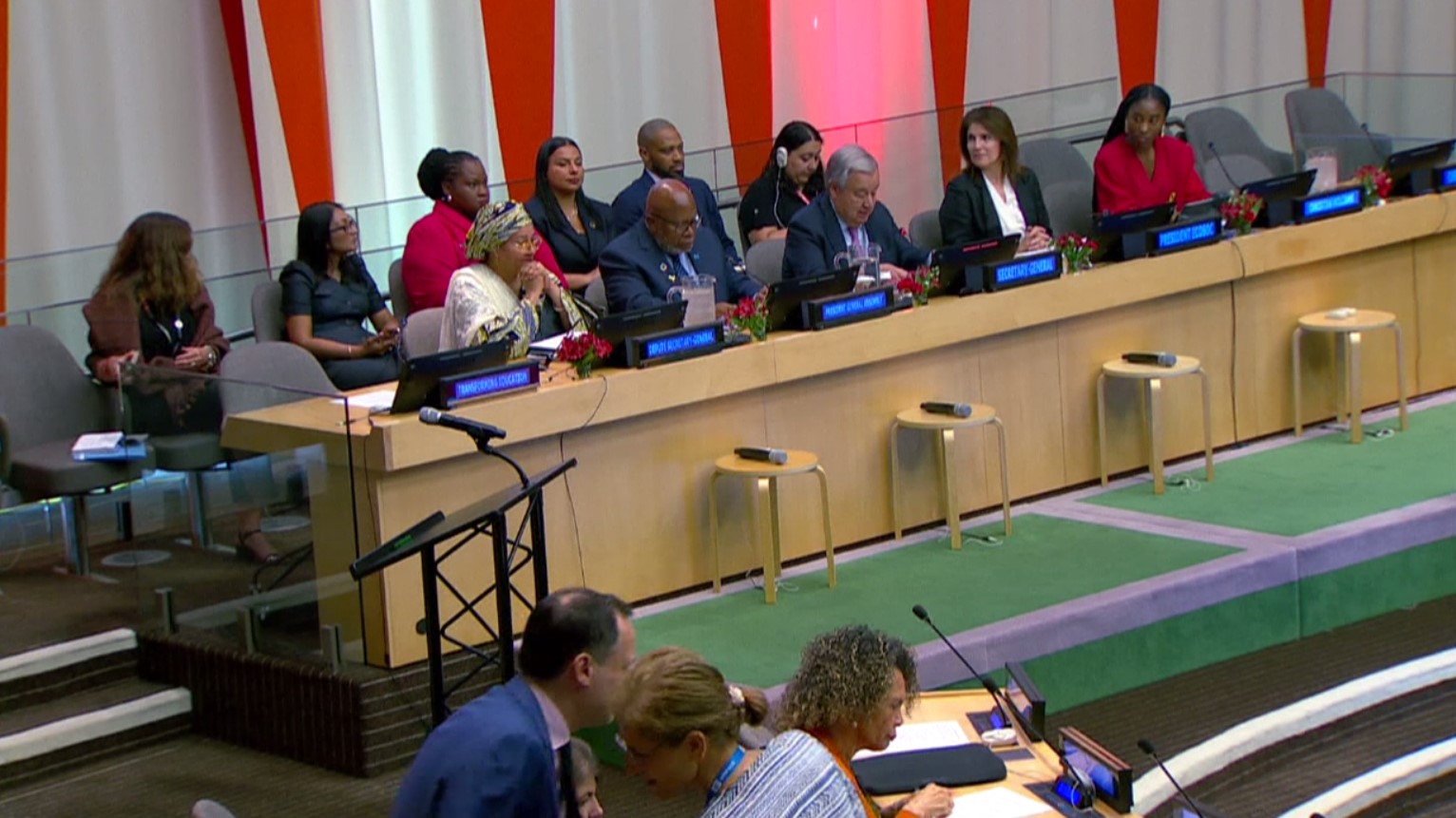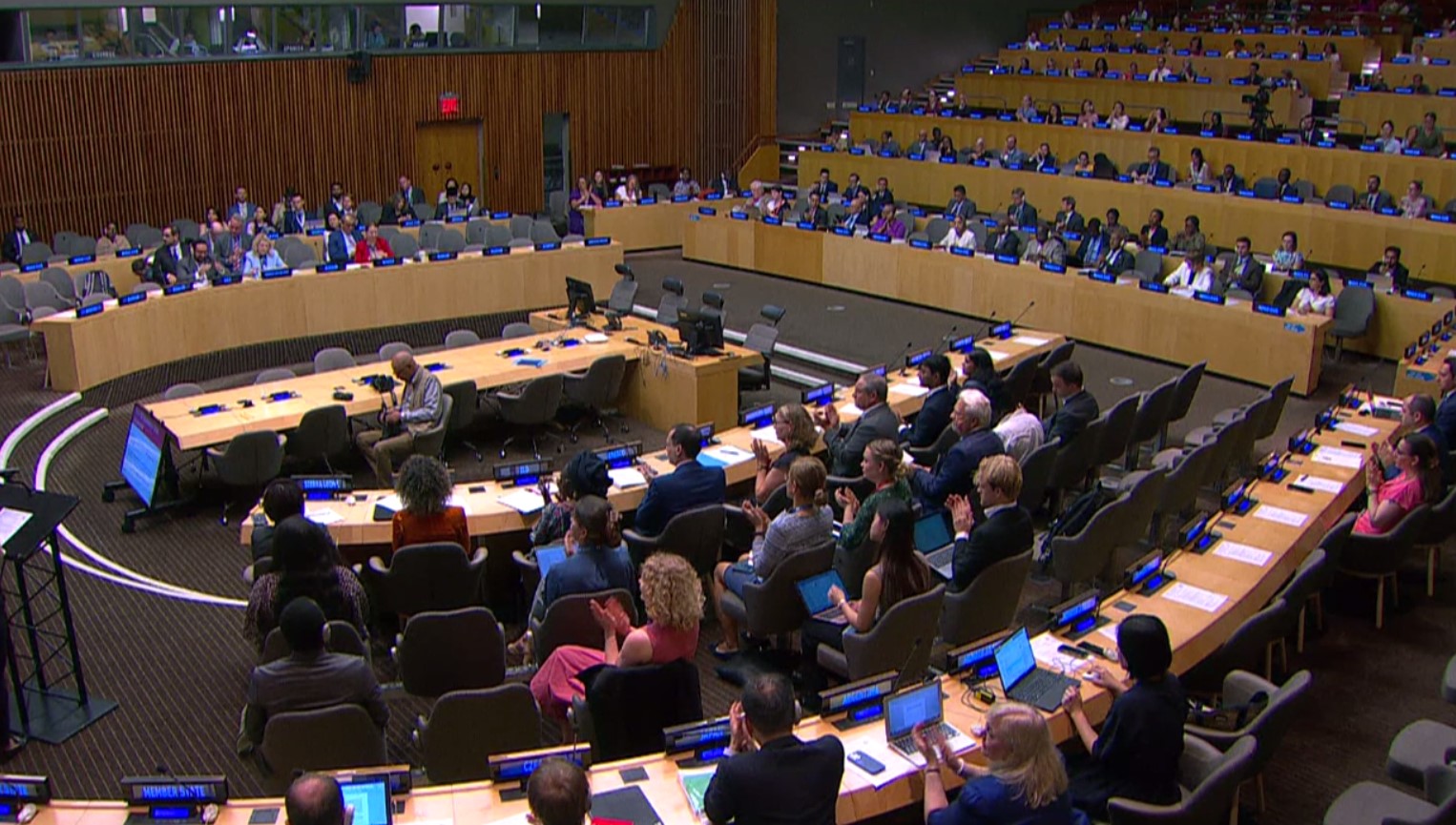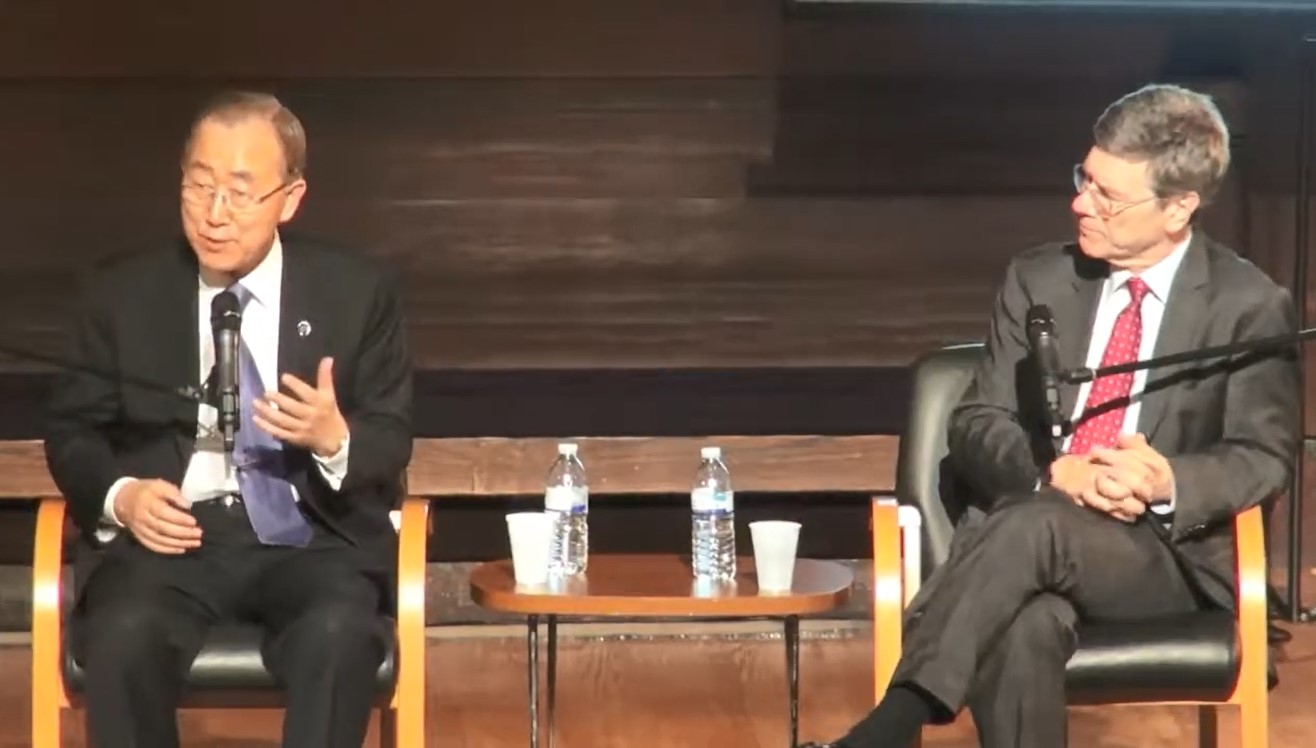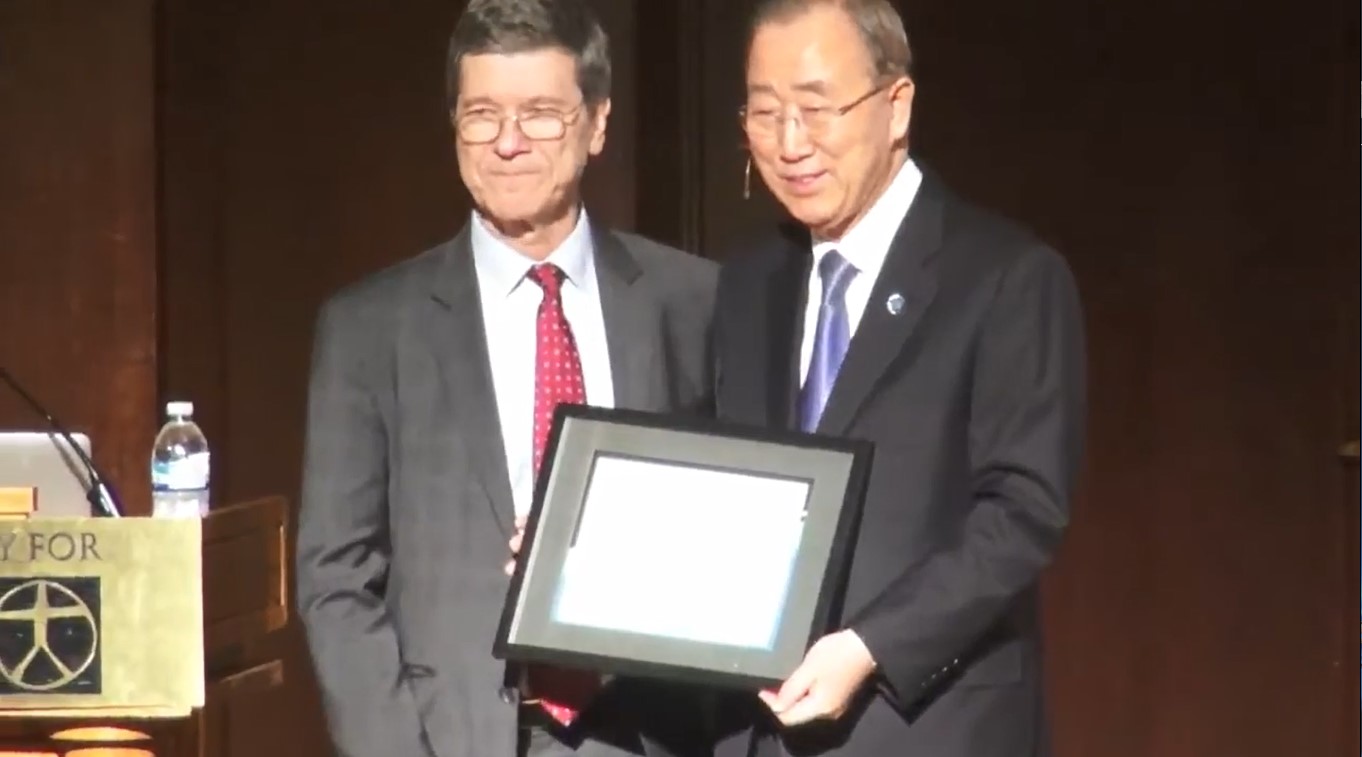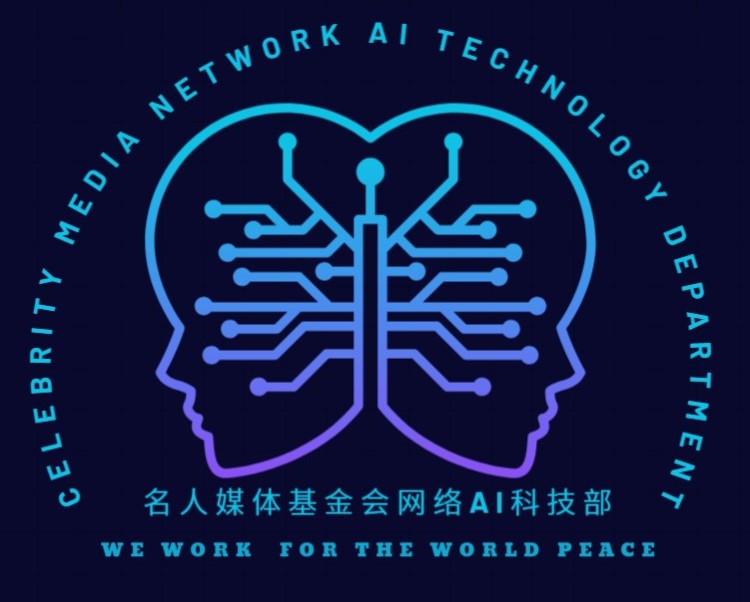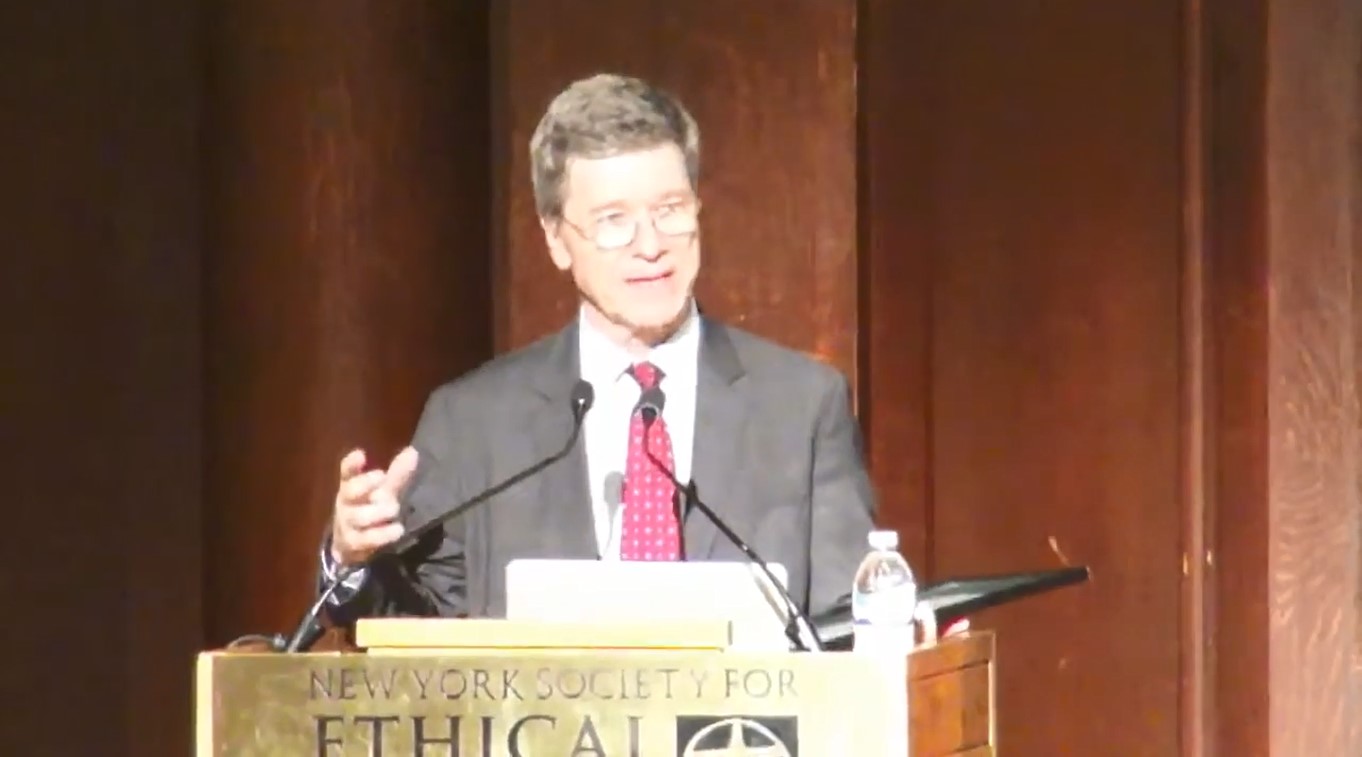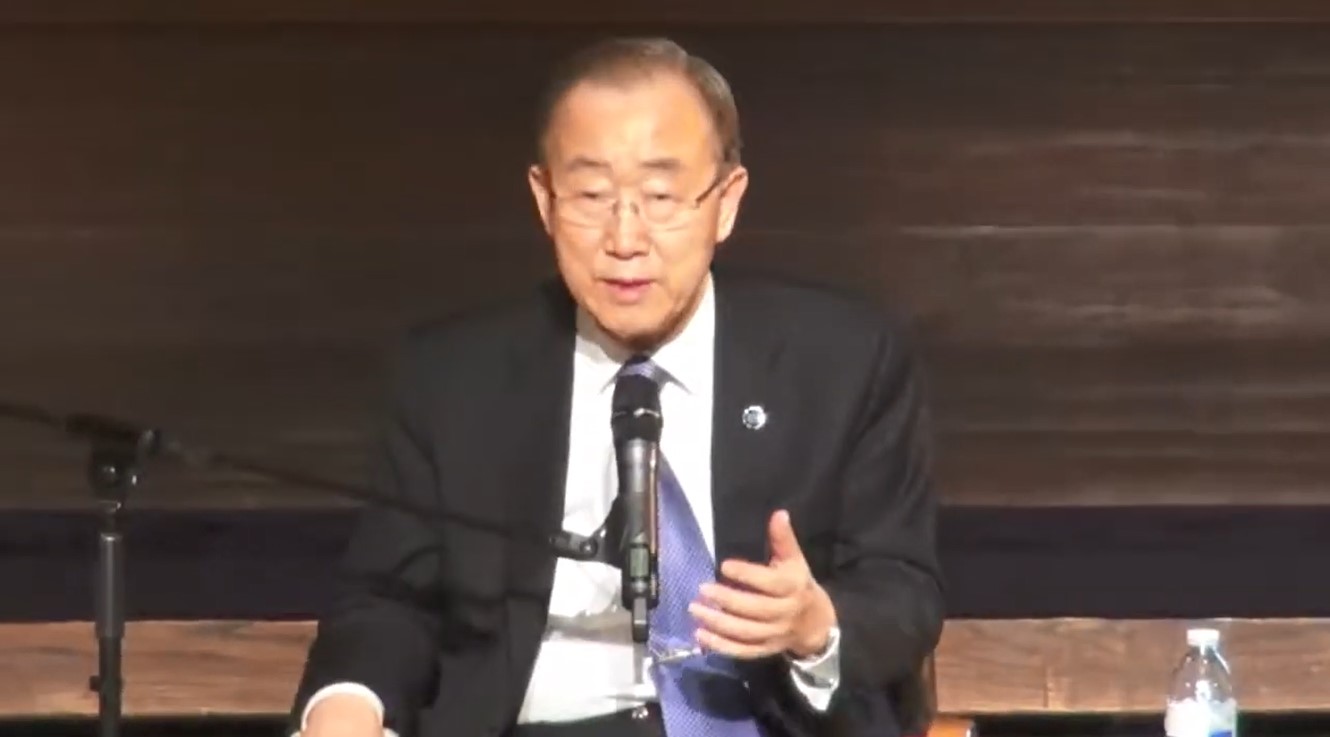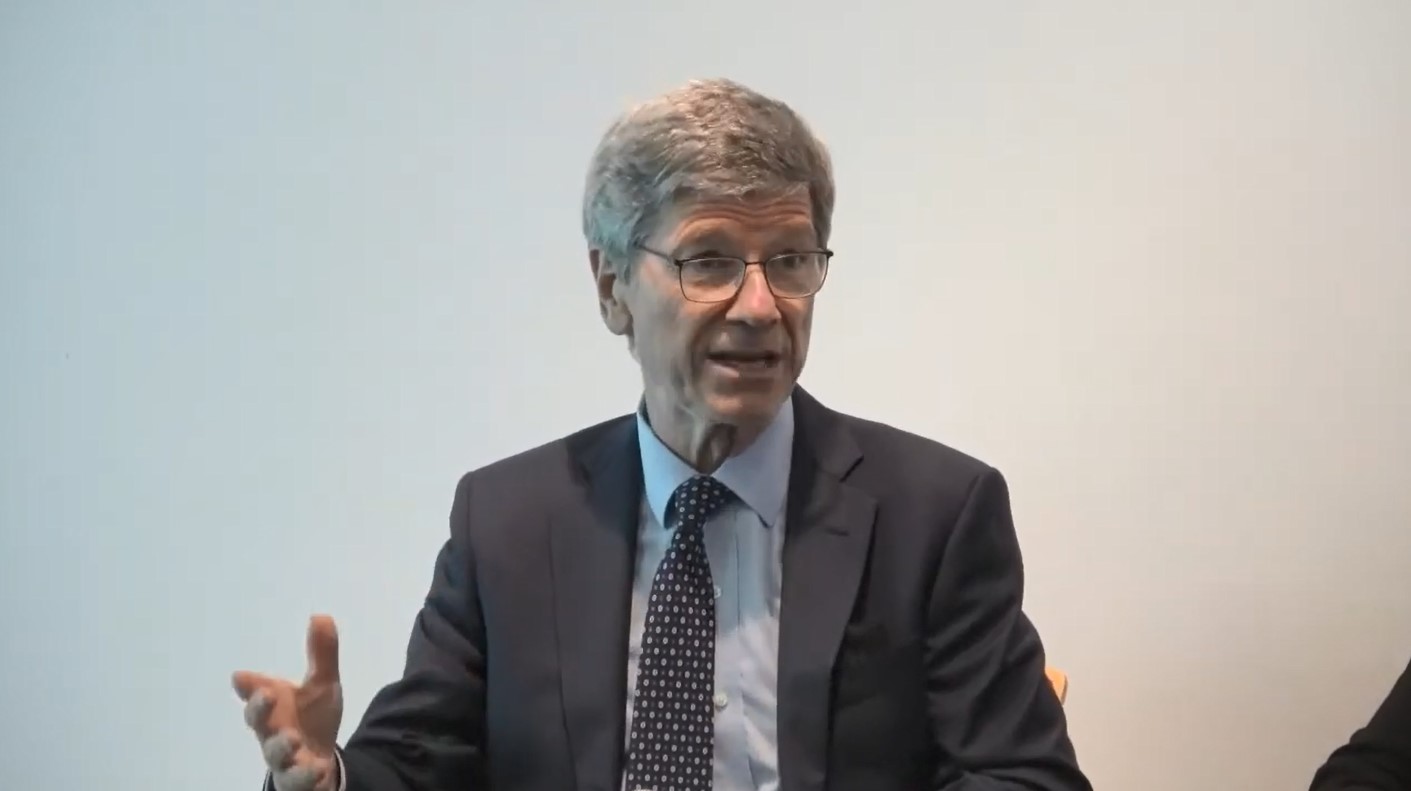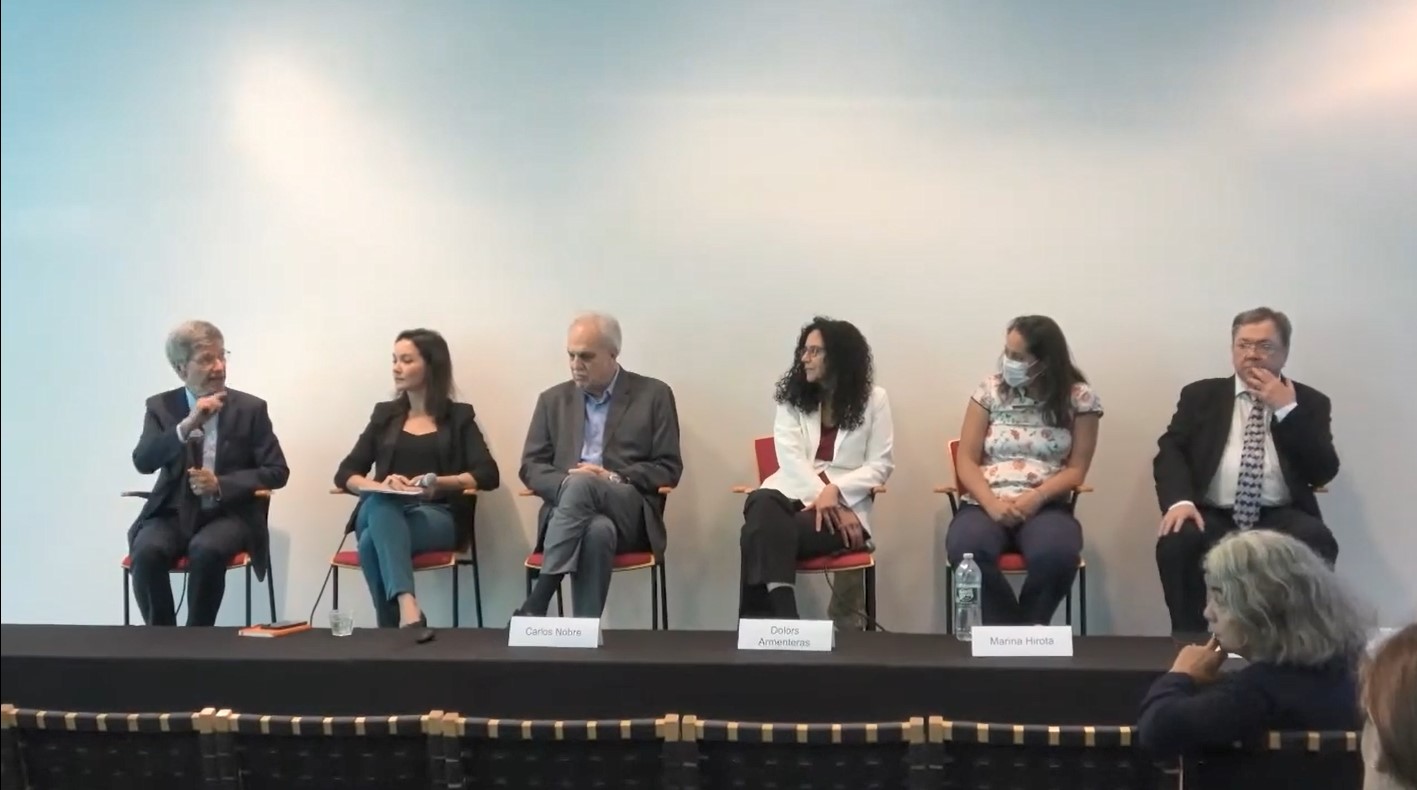UN Secretary-General meets with President Xi Jinping of the People's Republic of China at the SCO Summit and delivers a speech
- Details
- Category: World Hot News
- Published: Sunday, 14 July 2024 14:56
- Written by Gentry
Celebrity Media Alliance Editor's Note: To meet the development needs of the AI intelligent era, our AI Technology Department is experimenting with using the language conversion capabilities provided by AI robots to translate content into the six official languages of the United Nations.
We aim to offer news releases, video playback, online interviews, and to relevant UN agencies, non-governmental organizations, and users in need. Our purpose is to support the United Nations' news services, enabling people who speak the six official UN languages to gain a deeper understanding of the UN's significant efforts and contributions to maintaining world peace, international affairs, and multilateralism through more intuitive video content.
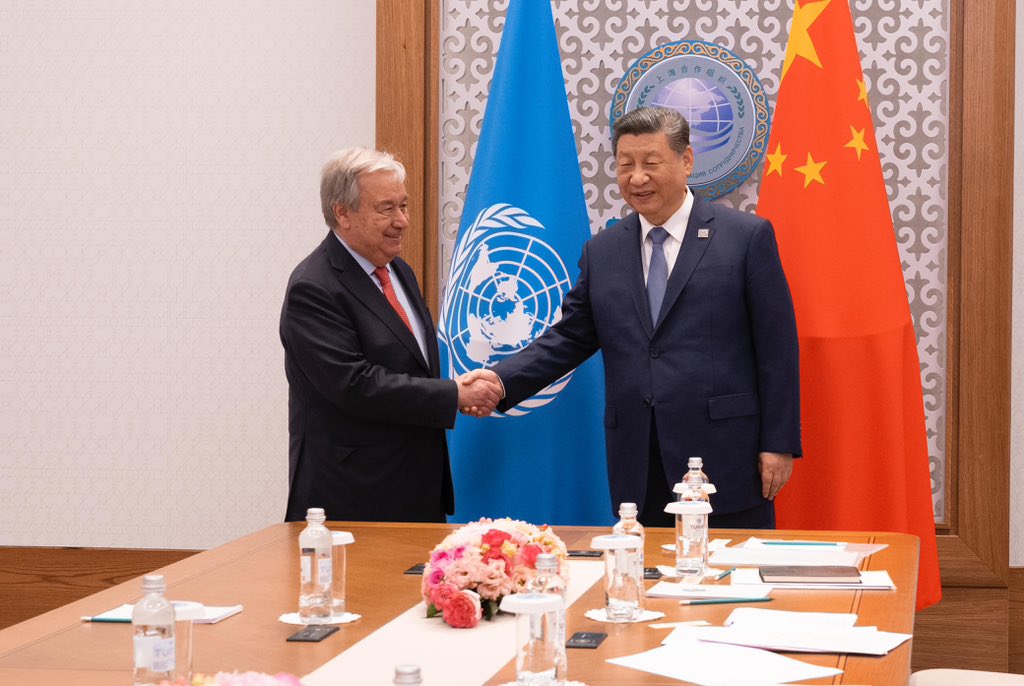
الأمين العام للأمم المتحدة يلتقي برئيس جمهورية الصين الشعبية شي جين بينغ في قمة منظمة شانغهاي للتعاون ويلقي خطابًا
بعد أن شهد معاناة المستضعفين من الناس حول العالم، ممن سكنوا مخيمات اللاجئين ومناطق الحروب، ركز الأمين العام جهوده على ضمان الكرامة الإنسانية للجميع. ففي هذه الفترة من التحديات العالمية غير المسبوقة، اعتمد الأمين العام التزامه بميثاق الأمم المتحدة لتعبئة الناس وبدء العمل للاستجابة لوباء كوفيد-19 ومواجهة حالة الطوارئ المناخية وتعزيز المساواة بين الجنسين وتحقيق إصلاحات طموحة في القرن الحادي والعشرين، وذلك بهدف تعزيز جهد المنظمة الحيوي في ضمان السلام ودفع عجلة التنمية المستدامة وتثبيت مبادئ حقوق الإنسان ودعم المساعدات الإنسانية.
联合国秘书长在上合组织峰会上会见中华人民共和国主席习近平并发表讲话
安东尼奥·古特雷斯,联合国第九任秘书长,于2017年1月1日就任。 秘书长目睹了从难民营到战区等世界上最脆弱人群的苦难,他将自己的努力集中在确保所有人的人类尊严上。在全球面临前所未有的挑战的时期,他根据对《联合国宪章》的承诺,动员人民并采取行动应对 2019 冠状病毒病大流行、应对气候紧急情况、促进性别平等,并实现雄心勃勃的 21 世纪改革,以加强本组织在确保和平、可持续发展、人权和人道主义援助方面的重要努力。
UN Secretary-General meets with President Xi Jinping of the People's Republic of China at the SCO Summit and delivers a speech
António Guterres, the ninth Secretary-General of the United Nations, took office on 1st January 2017. Having witnessed the suffering of the most vulnerable people on earth, from refugee camps to war zones, the Secretary-General has centered his efforts on ensuring human dignity for all. In a period of unprecedented global challenges, he has drawn on his commitment to the UN Charter to mobilize people and launch action to respond to the COVID-19 pandemic, address the climate emergency, advance gender equality, and achieve ambitious 21st century reforms to enhance the Organization’s vital efforts to secure peace, sustainable development, human rights and humanitarian
Le Secrétaire général des Nations Unies rencontre le Président Xi Jinping de la République populaire de Chine lors du sommet de l'Organisation de coopération de Shanghai et prononce un discours.
António Guterres, le neuvième Secrétaire général de l’Organisation des Nations Unies, a pris ses fonctions le 1er janvier 2017. Ayant été témoin de la souffrance des êtres humains les plus vulnérables de la planète, des camps de réfugiés aux zones de guerre, le Secrétaire général est résolu à mettre la dignité humaine au cœur de son action. Dans une période de défis mondiaux sans précédent, il s'est appuyé sur son engagement envers la Charte des Nations Unies pour mobiliser le monde et lancer des actions pour répondre à la pandémie de COVID-19, faire face à l'urgence climatique, faire progresser l'égalité des sexes et réaliser des réformes ambitieuses au XXIe siècle pour renforcer les efforts cruciaux entrepris par l'Organisation pour assurer la paix, le développement durable, les droits de l'homme et l'aide humanitaire.
Генеральный секретарь ООН встречается с Председателем Китайской Народной Республики Си Цзиньпином на саммите ШОС и выступает с речью.
Девятый Генеральный секретарь Организации Объединенных Наций Антониу Гутерриш вступил в должность 1 января 2017 года. Генеральный секретарь, который был непосредственным свидетелем страданий самых уязвимых людей на нашей планете (от лагерей беженцев до зон боевых действий), направляет свои усилия на защиту достоинства человеческой личности. В период беспрецедентных глобальных вызовов он опирается на свою приверженность Уставу ООН с тем, чтобы мобилизовать людей на действия по реагированию на пандемию COVID-19, урегулированию чрезвычайной климатической ситуации, продвижению гендерного равенства и проведению амбициозных реформ XXI века для укрепления жизненно важных усилий Организации по обеспечению мира, устойчивого развития, прав человека и гуманитарной помощи.
El Secretario General de las Naciones Unidas se reúne con el Presidente Xi Jinping de la República Popular China en la cumbre de la OCS y pronuncia un discurso./p>
António Guterres, noveno Secretario General de las Naciones Unidas, asumió el cargo el 1 de enero de 2017. Antes de ser nombrado Secretario General, el Sr. Guterres fue Alto Comisionado de las Naciones Unidas para los Refugiados de junio de 2005 a diciembre de 2015 y, como tal, dirigió una de las principales organizaciones humanitarias del mundo durante algunas de las más graves crisis de desplazamientos ocurridas en decenios. Los conflictos en Siria y el Iraq y las crisis en Sudán del Sur, la República Centroafricana y el Yemen dieron lugar a un gran incremento de las actividades del ACNUR, paralelamente al aumento del número de desplazados por los conflictos y la persecución, que pasaron de 38 millones en 2005 a más de 60 millones en 2015. Antes de incorporarse al ACNUR, el Sr. Guterres había trabajado durante más de 20 años en la administración y la función pública. Fue Primer Ministro de Portugal entre 1995 y 2002, período en el que participó activamente en las iniciativas internacionales para resolver la crisis de Timor Oriental.



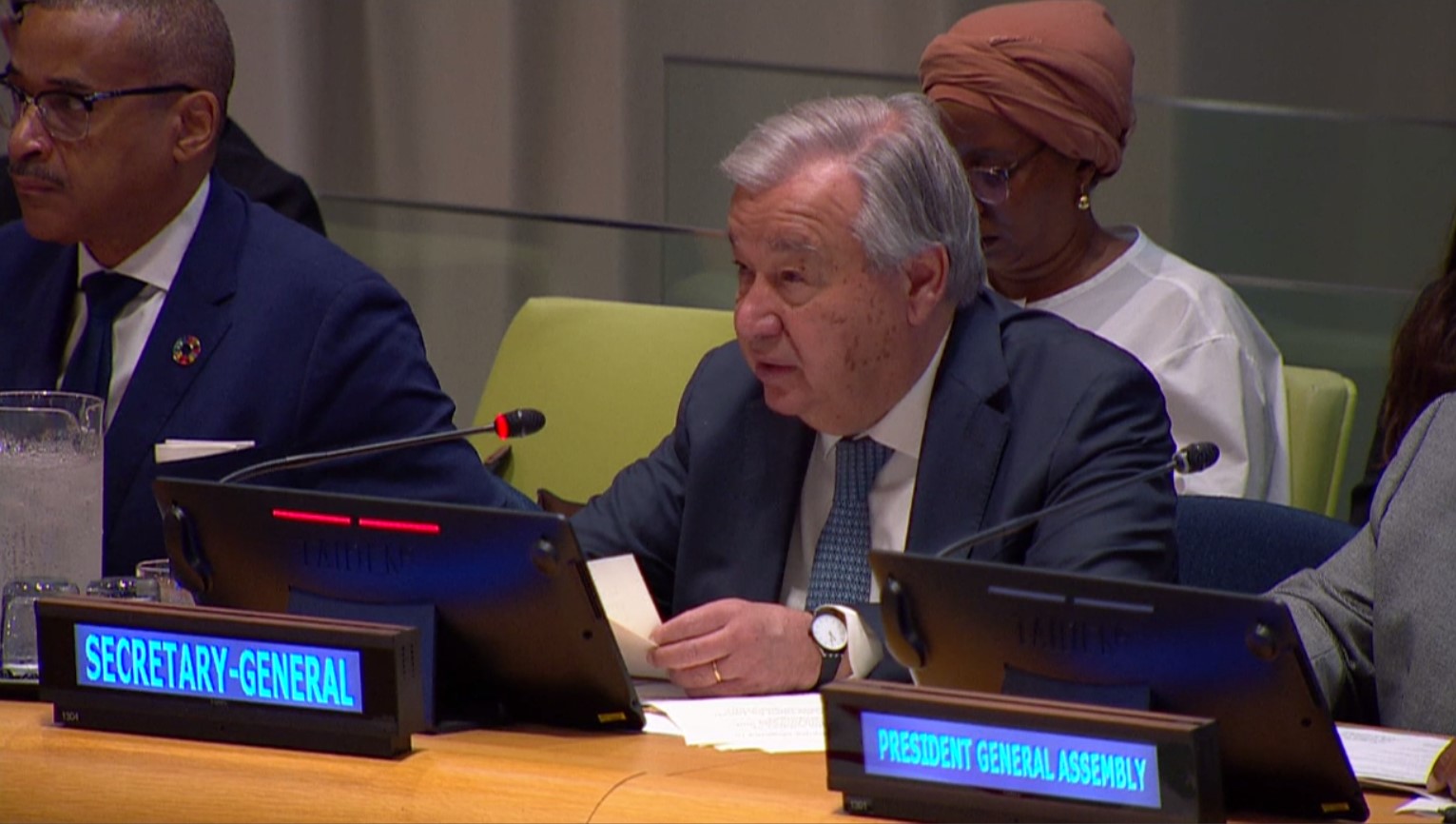
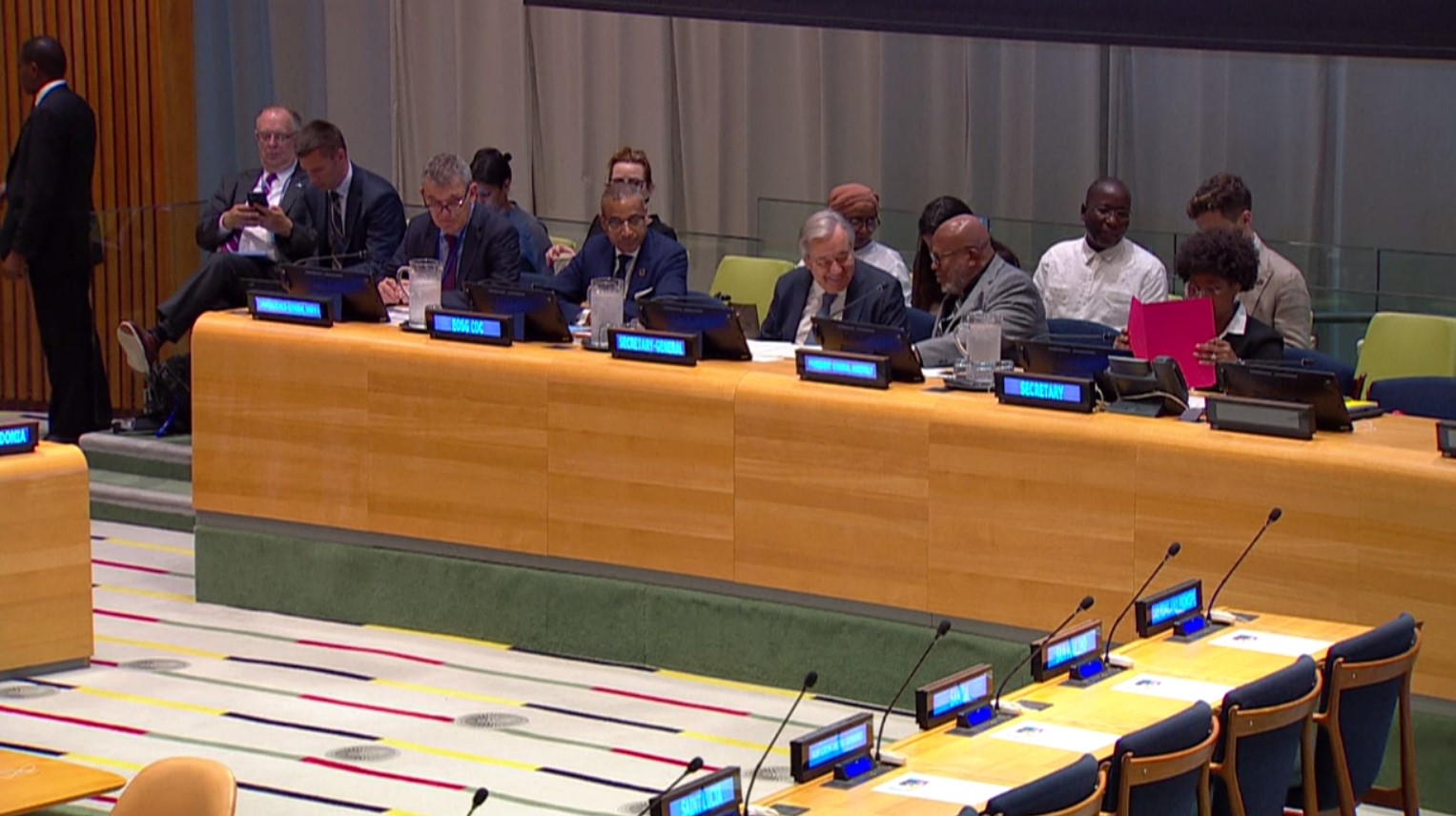
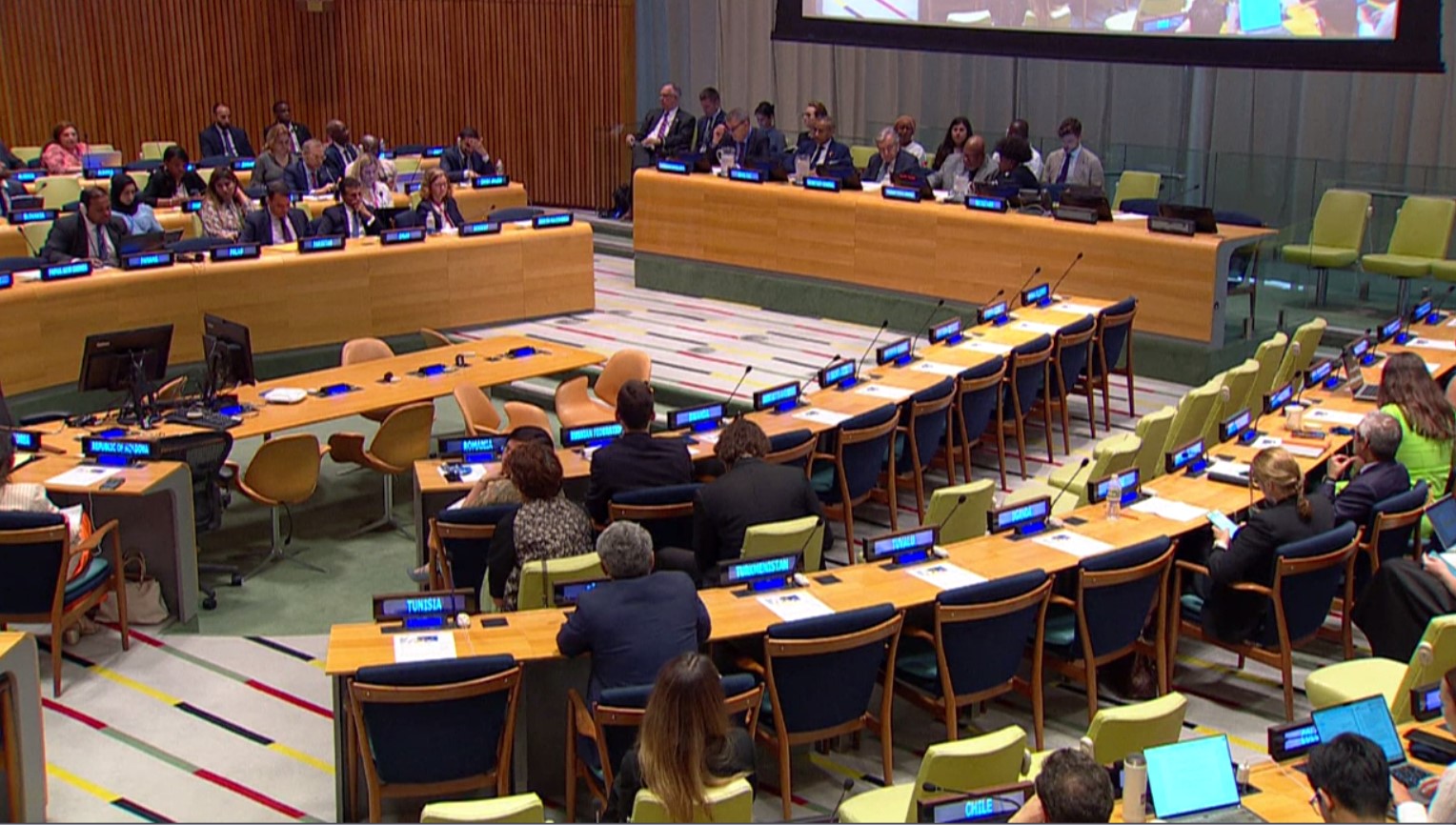
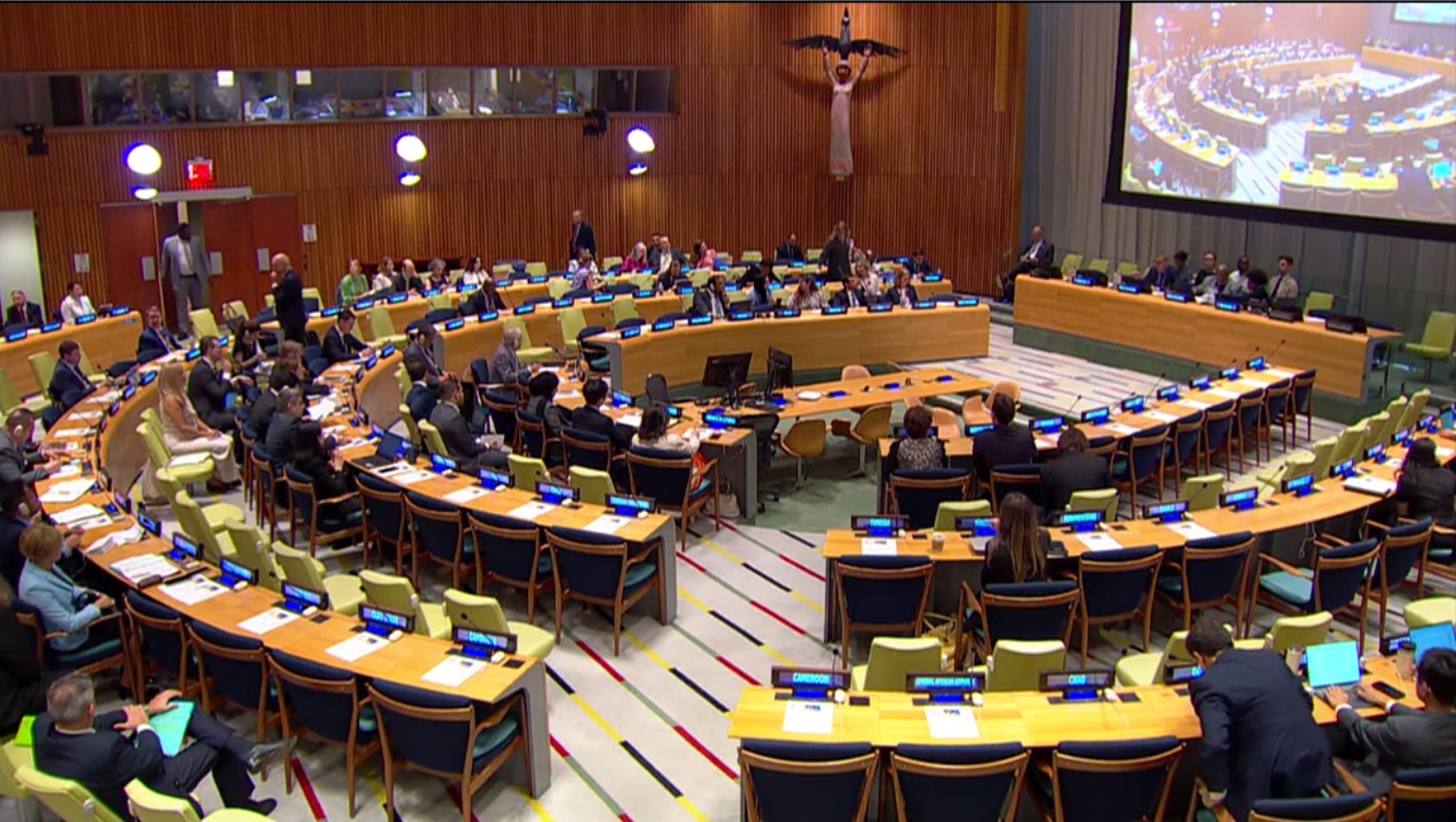
 UN Photo/Loey Felipe UN Deputy Secretary-General Amina Mohammed addresses the opening of the High-level Political Forum 2024.
UN Photo/Loey Felipe UN Deputy Secretary-General Amina Mohammed addresses the opening of the High-level Political Forum 2024.
 © UNICEF Chad/Annadjib Ramadane Young women study at a centre in Bol in Chad.
© UNICEF Chad/Annadjib Ramadane Young women study at a centre in Bol in Chad.